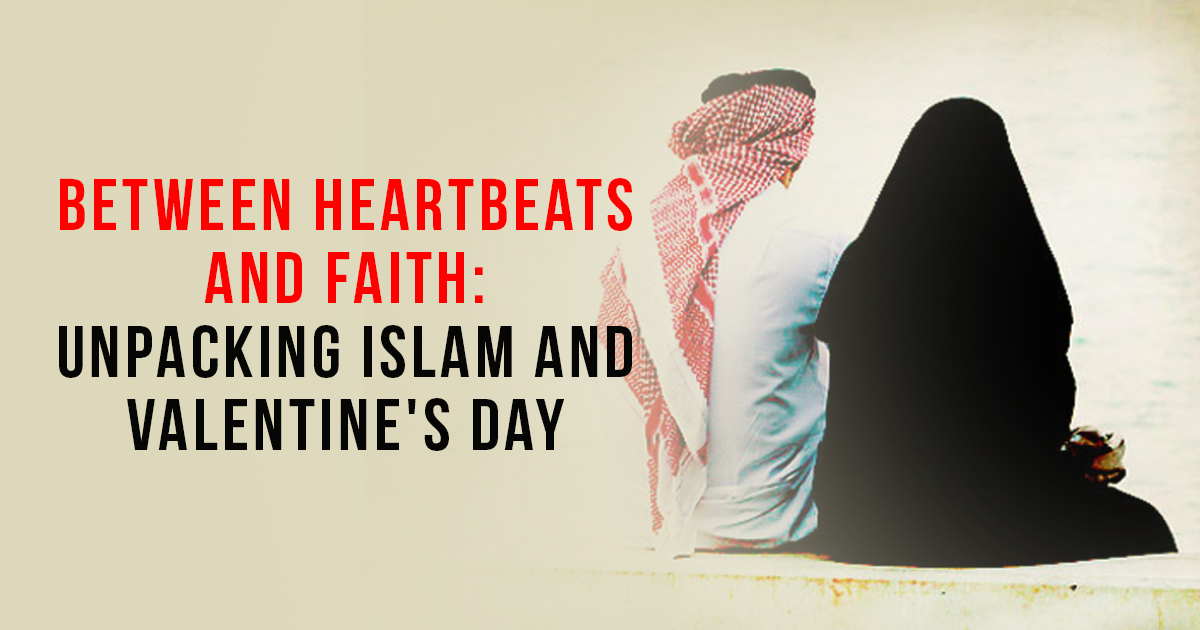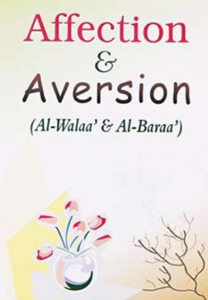Valentine’s Day, a celebration often synonymous with expressions of love and affection, has become a global observance. However, for Muslims striving to align their practices with the teachings of Islam, the day raises important considerations.
This Darussalam blog delves into the nuances surrounding Islam and Valentine’s Day, aiming to provide insightful observations and guidelines for faithful adherents navigating this occasion.
Understanding the Origins of Valentine’s Day
To appreciate the Islamic perspective on Valentine’s Day, it’s essential to first understand its origins and evolution.
Historical Background
- Pagan and Christian Roots: Originating as a Roman festival, the day was later Christianized and is named after Saint Valentine.
- Commercialization: In modern times, it has evolved into a largely commercial holiday, focusing on romantic love.
Read More: Essential Do’s and Don’ts Guide During Ramadan 2024
Islamic Perspective on Celebrating Non-Muslim Holidays
Islam offers guidance on participating in non-Muslim observances, grounding its advice in the principles of faith and identity.
Maintenance of Islamic Identity
Distinctiveness: Islam emphasizes maintaining a distinct Muslim identity, cautioning against imitating non-Muslim practices that may conflict with Islamic principles.
Universal Love and Kindness
Year-Round Virtues: Islam encourages showing love, kindness, and generosity to all, not just on specific days.
Expressing Love in Islam
Islam places significant emphasis on expressing love and kindness, highlighting these virtues through various teachings.
Love and Compassion as Core Values
In Relationships: The Prophet Muhammad (PBUH) exemplified love, mercy, and compassion in his interactions with others.
Everyday Acts of Love
Beyond Material Gifts: Islam encourages expressing love through acts of kindness, respect, understanding, and supporting one another’s faith.
Learn More: Ramadan Zakat: Fulfilling Your Pillar of Islam During the Holy Month
Alternatives to Valentine’s Day Celebrations
For those seeking to honor the essence of love within the Islamic framework, these alternatives emphasize year-round expressions of affection.
Focus on Islamic Teachings of Love
Spend the day reflecting on and implementing Islamic teachings regarding love, compassion, and kindness towards family, friends, and the community.
Engage in Charitable Activities
Demonstrate love and care for the broader community by engaging in charitable acts or volunteering.
Fostering Love and Understanding
In a multi-faith and multicultural world, fostering understanding and mutual respect around observances like Valentine’s Day is vital.
Educational Dialogue
Encourage open discussions about the significance of love in Islam and the reasons for Muslims’ views on Valentine’s Day.
Respect for Diversity
Recognizing and respecting the diverse ways people express love and observe special days can enhance mutual understanding.
Conclusion: Love and Faith in Harmony
Navigating Valentine’s Day as a Muslim does not necessitate an outright rejection of the day’s sentiment. Rather, it offers an opportunity to reaffirm commitment to Islamic principles while embracing the universal virtues of love and kindness. By reflecting on love as a core value that transcends specific dates, Muslims can celebrate these tenets in ways that align with their faith and enrich their spiritual and emotional bonds.
Embodying the values of love, respect, and kindness within an Islamic framework can transform every day into an opportunity for expressing heartfelt affection and deepening communal bonds, transcending the need for specific occasions like Valentine’s Day.
FAQs About Islam and Valentine’s Day
1. Is it haram for Muslims to celebrate Valentine’s Day?
Many Islamic scholars advise against celebrating Valentine’s Day due to its origins and the potential for practices that conflict with Islamic principles. However, expressing love and kindness is encouraged every day in Islam.
2. How can Muslims show love without celebrating Valentine’s Day?
Muslims can show love through everyday kindness, and compassion, supporting each other’s goals, and engaging in shared acts of worship or charity, emphasizing the Islamic virtues of love.
3. Can Muslims exchange gifts with their spouses or family members on February 14th?
While exchanging gifts is a cherished practice in Islam, doing so specifically on February 14th might be seen as participating in Valentine’s Day celebrations. It’s recommended to express love and generosity at all times, without aligning such expressions with non-Islamic holidays.
4. How can I explain to my non-Muslim friends why I don’t celebrate Valentine’s Day?
You can share that while Islam places great importance on love, it encourages expressing love throughout the year and advises maintaining a distinct identity with celebrations rooted in Islamic teachings.
5. How should Muslims react to Valentine’s Day greetings from non-Muslims?
Responding to greetings with kindness and taking the opportunity to share information about Islamic practices regarding love and celebrations can be a meaningful way to build understanding while upholding one’s faith principles.












